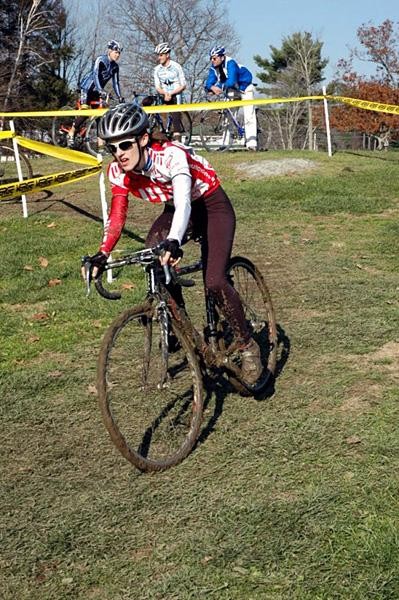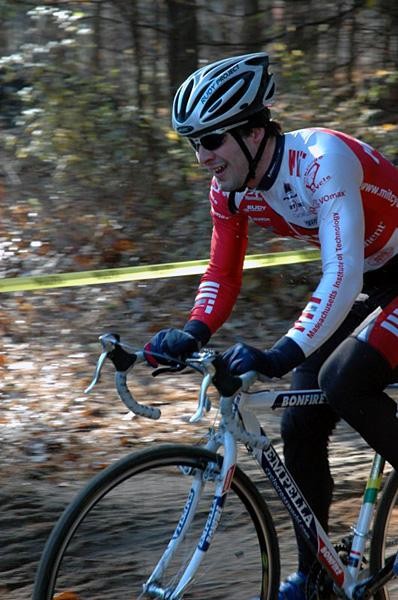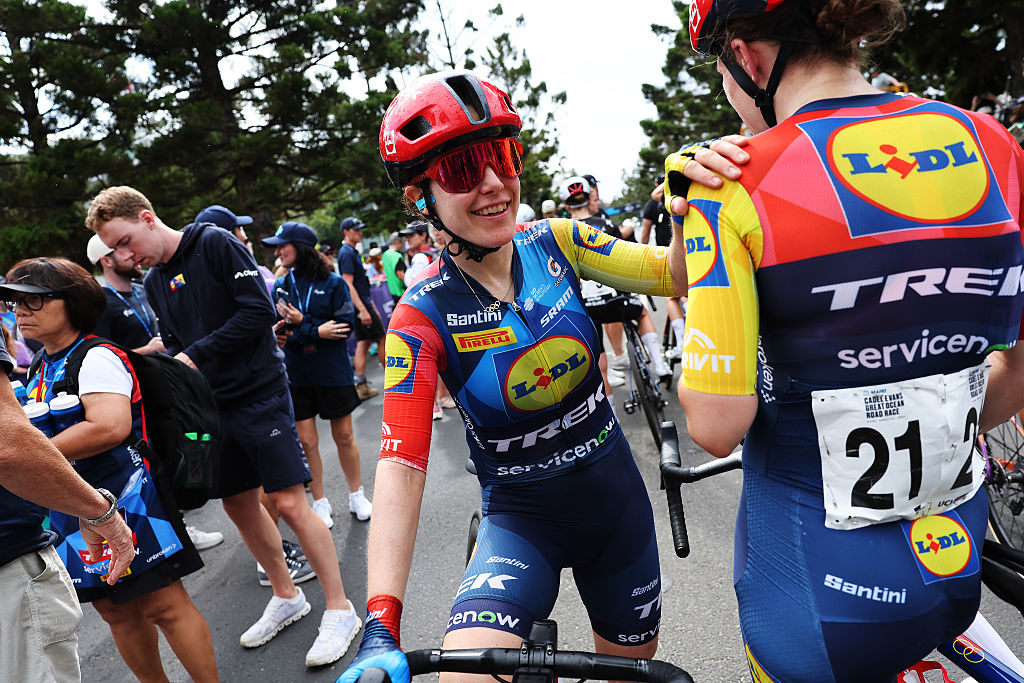Against odds: MIT Cyclo-cross campaigns for consecutive national title
Cyclo-cross hardly comes close to the fast, efficient elegance of the team time trial, for which the...
The latest race content, interviews, features, reviews and expert buying guides, direct to your inbox!
You are now subscribed
Your newsletter sign-up was successful


Cyclo-cross hardly comes close to the fast, efficient elegance of the team time trial, for which the Team Massachusetts Institute of Technology cycling team is best known. Intrigued by 'cross, two years ago, its members started racing in earnest, and made their way to the top of the podium at the 2006 Cyclo-cross National Championships.
"National Champion" and "MIT" don't often fall in the same sentence in terms of collegiate sports, but it makes perfect sense once you strip away training metrics and reveal what makes these cyclists tick. Wendy Booher examines the collegiate 'cross team as its season gets underway.
One of the most prolific teams in collegiate racing, MIT Cycling forged its reputation as a force to reckon with in the team time trial by emphasizing efficiency over power. For the 2006 road season, the team meticulously engineered standard techniques for all race and pre-race situations plus staged weekly TTT specific training and designed homemade equipment with empirical fitting. Its finely tuned efforts yielded results at the 2006 Eastern Collegiate Cycling Conferences where the women placed first and the men placed second. The women went on to clinch the third podium position at nationals in both 2006 and 2007 while the men placed fifth in 2006.
Not every school has a wind tunnel like MIT, however. MIT's Wright Brothers Wind Tunnel is usually reserved for student projects, research and instruction, and not for the use of a club sport like cycling. The tunnel is available for commercial research and development for a fee, which is something the CSC professional team took advantage of before the 2006 season. Luckily, MIT Cycling was afforded a rare wind tunnel test visit through Mark Cote, a team member and research assistant at MIT's Center for Sports Innovation and Technology. The resulting data likely contributed to MIT's TTT successes.
Cyclo-cross on the other hand, is practically the antithesis of the grace and fluency of the TTT. Aerodynamic profiles be damned; cyclo-cross demands a power and pain tolerance that defy calculation – how very un-MIT. However, forget about hackneyed, overdone clichés about MIT's legacy "nerd-ness." Do, however, consider for a moment the magnitude of groundbreaking innovation that emerges from MIT, ranging from urban planning and aeronautics to gene therapy, and suddenly it becomes personal, especially when those technologies apply to bike lanes, faster time trials and regrettably, new methods of doping.
MIT's 4,000 graduate students largely fuel the engine driving all that innovation. Luckily, an inspired few have applied that same intellectual drive and motivation to another one of their passions and the result is a cycling team that frequently enjoys the view from the podium in four disciplines. Based on student body size, colleges are categorized as Division 1 or II.
With nearly 10,000 students, MIT falls into Division II status. Few D II schools can boast a team that competes in road, track, mountain biking, and cyclo-cross, and even fewer schools consistently have racers who routinely place in the top five. To write the team off simply as "overachievers" would be unfair – even untrue since the ability to accept failure drives innovation, and MIT doesn't hand out PhD's for shoddy work.
The latest race content, interviews, features, reviews and expert buying guides, direct to your inbox!
What sets the MIT cycling team apart from nearly every other collegiate team is a constant, self-possessed pressure to seek out solutions rather than stay mired in conflict.

Laura Weislo has been with Cyclingnews since 2006 after making a switch from a career in science. As Managing Editor, she coordinates coverage for North American events and global news. As former elite-level road racer who dabbled in cyclo-cross and track, Laura has a passion for all three disciplines. When not working she likes to go camping and explore lesser traveled roads, paths and gravel tracks. Laura specialises in covering doping, anti-doping, UCI governance and performing data analysis.
